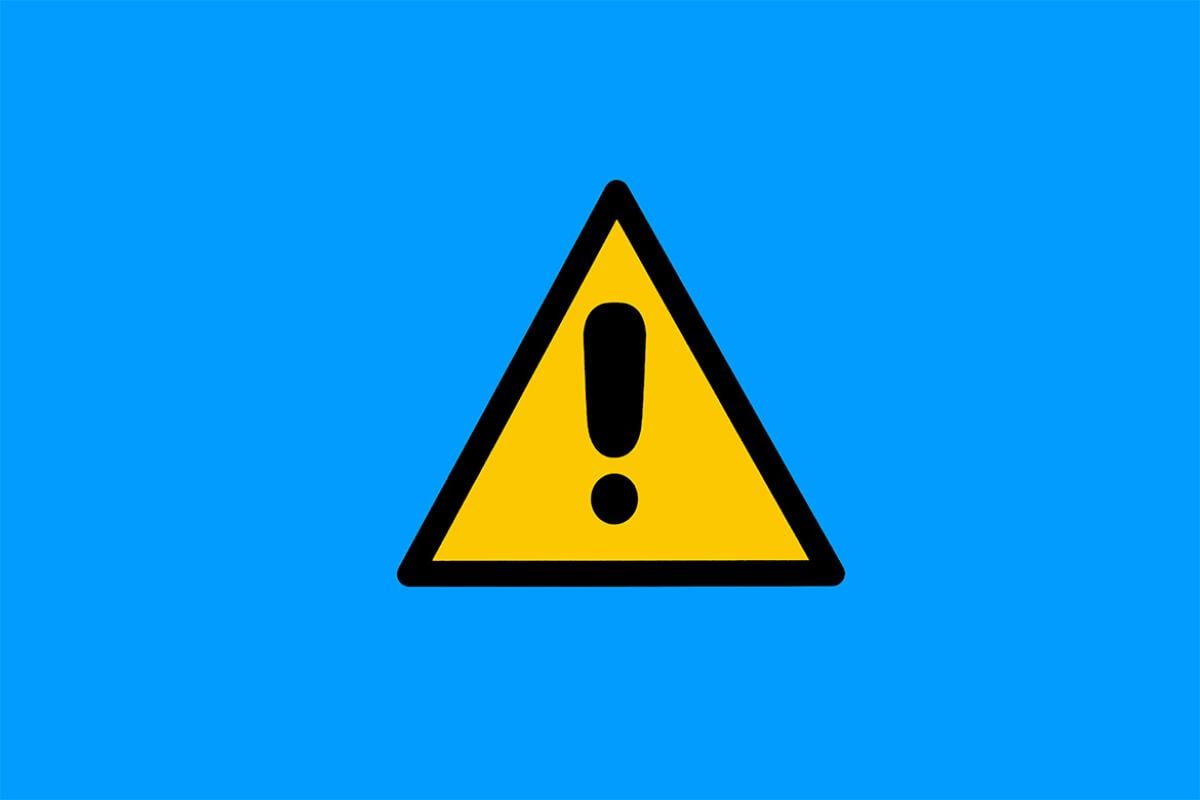In recent years, increasing attention has been focused on the crisis of physician burnout—the damage to doctors, risk to patients and strain on the health system. What’s largely left out of the discussion is the effect of burnout on physician families.
About half of physicians report at least one symptom of burnout—about twice the rate of other American workers—and that proportion has been rising in recent years. In many physician households, both spouses are doctors, thus heightening the risk that one or both will be burned out.
Physicians have high-stress jobs, vanishing control over their workdays and report being burdened by EHR clerical tasks. Add to that years of repaying debt and a schedule of long and uncertain hours that practically guarantee missed family, social and school events.
New research shows that the majority of issues that cause physician burnout can be attributed to the environment in which physicians practice. Properly addressing burnout is about making system-level changes to improve workplace conditions.
Yet when work factors catch up with physicians, the result can be articulated by the three elements of the Maslach Burnout Inventory—emotional exhaustion, depersonalization and a lost sense of personal accomplishment. Even when a physician thinks he or she is suffering in silence, the problems on that list alone run the risk of having a negative impact on a spouse or children.
While physicians of either gender are at substantial risk of burnout, it is more common among female physicians. They also show higher rates of depression, even suicide, than their male colleagues. Female physicians, in addition to their professional lives, also are likelier to take on household and childrearing responsibilities, which can affect work-life balance.
The AMA Alliance, through its magazine Physician Family, devoted a theme issue to physician burnout. The stories featured offer insights into the strain on relationships, the help that can come from a supportive spouse, and reminds readers that marriage and family counseling are options if the household stress gets to be too much to handle.
In her story for the magazine, “How Physician Burnout Affects Relationships,” licensed clinical social worker Jordyn Paradis Hagar notes that “when a physician is experiencing a state of burnout, the relationship or marriage can start to suffer.”
The spouses of physicians experiencing burnout symptoms may notice:
- Increased isolation.
- Greater irritability
- More time away from home.
- Less communication within the relationship.
- Less time spent together.
- Drop in physical intimacy.
- More emotional separation.
This can drive the couple apart, leading “to two partners who are functioning much more as individuals than as a unified team. Each starts to take care of his or her own needs, and spirals of misunderstanding and miscommunication can begin to occur, leading to further disconnection and isolation,” writes Hagar, author of the 2012 book, At Least You’ll Be Married to a Doctor.
One small upside is that “this process takes time to unfold” and timely intervention is possible, she writes.
The first step is to recognize that the physician is experiencing burnout. Once both partners agree the issue should be addressed, Hagar recommends forming a plan to address the burnout’s family impact.
That plan can include agreements to:
- Engage in enjoyable activities together.
- Engage in health and wellness activities together, or at least plan together how to implement vital elements such as sleep, exercise, healthy eating and time outdoors.
- Spend time together as a family.
- Disengage from work: take a vacation, even a short one.
- Set limits for daily work engagements.
- Create mandatory nonwork commitments, including family, friends and hobbies.
- Dream and plan for future endeavors together.
- Increase intimacy, even if this needs to be scheduled.
The AMA Alliance is inviting medical societies from across the country to take part in Physician Family Day on Saturday, Aug. 25. The occasion is intended to bring awareness to physician burnout—while underscoring the need for self-care as a necessary part of caring for patients—and honor physicians for the value they bring to their communities.
No matter how supportive spouses and families are, physician burnout is a problem that fundamentally must be addressed by changing the work factors that contribute to the problem.
The AMA offers numerous online educational resources to help doctors redesign their medical practices to minimize stress and improve job satisfaction. In addition, the AMA is working to address the larger U.S. health care system issues that burden physicians and hinder high quality patient care.



